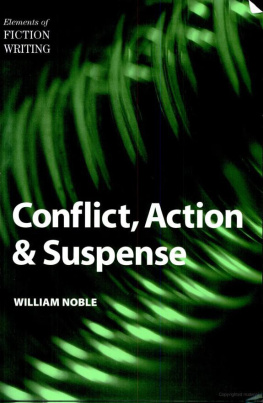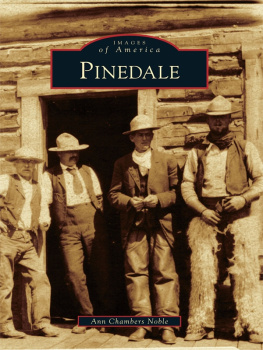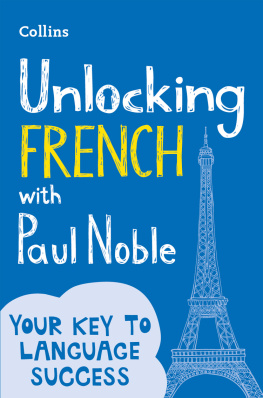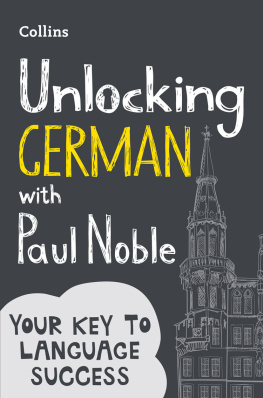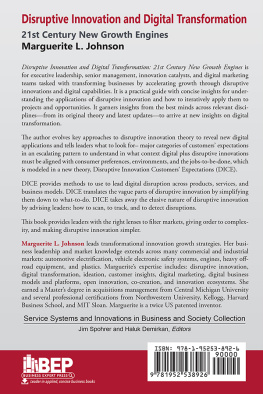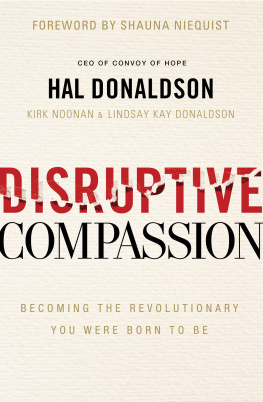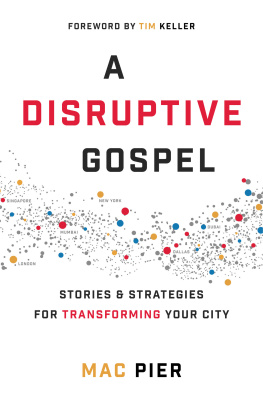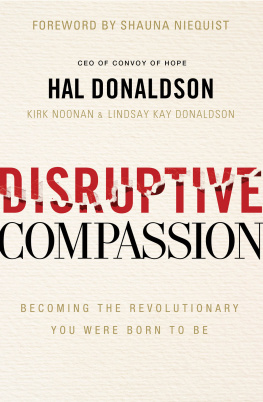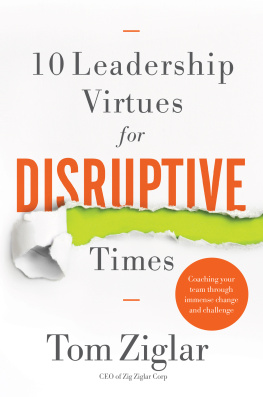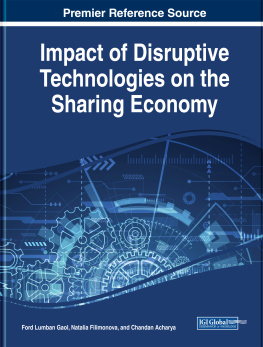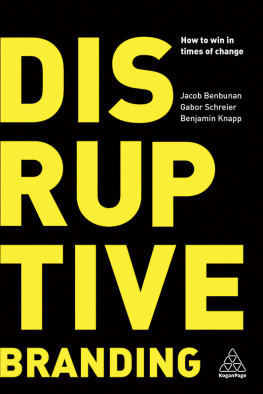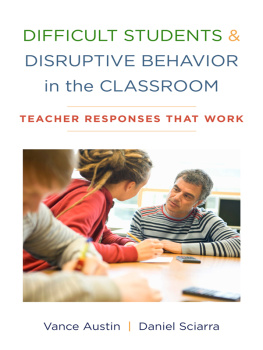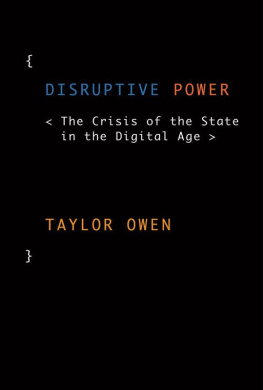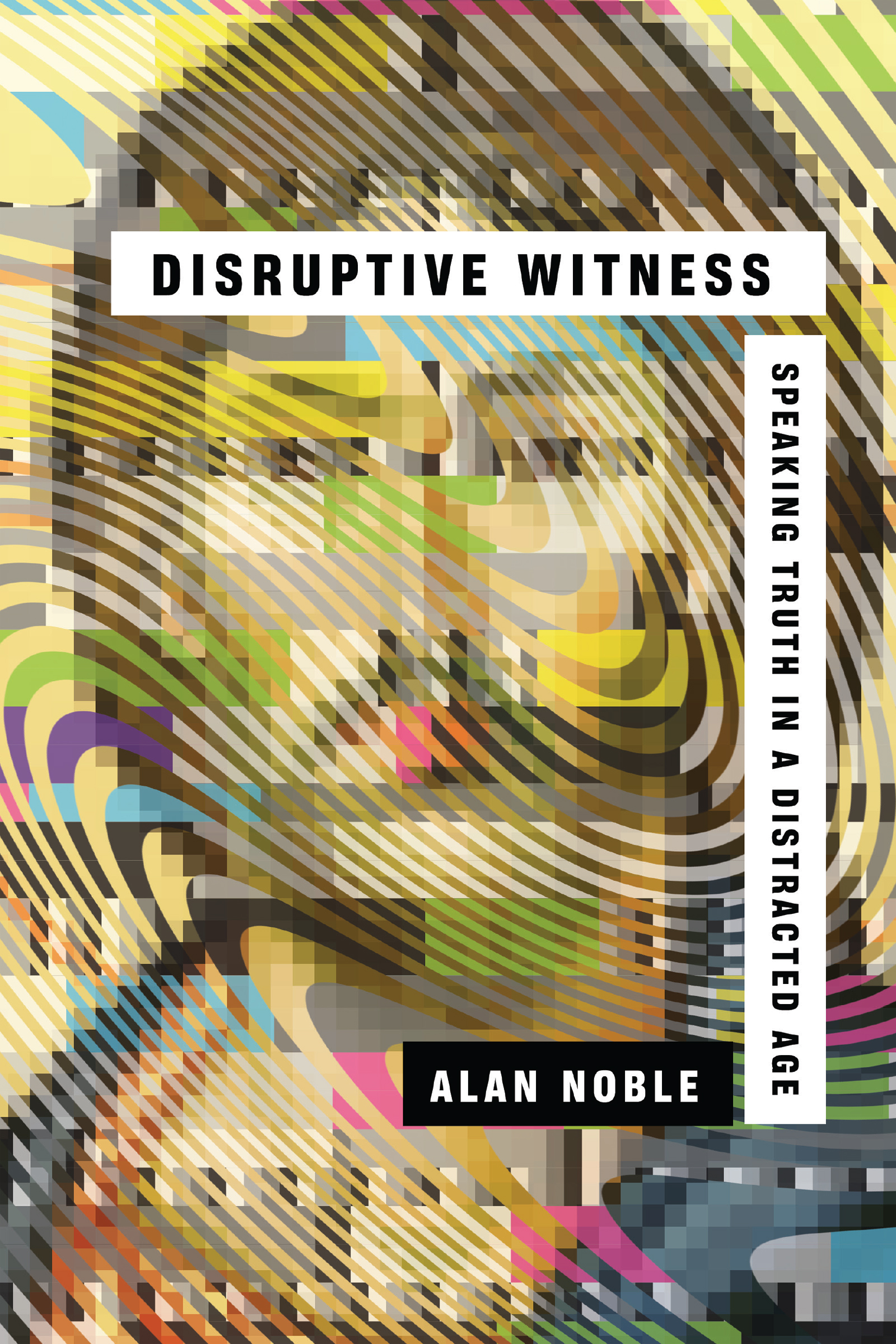Published in association with the literary agent Don Gates of The Gates Group, www.the-gates-group.com.
Introduction
W hat if the vast majority of our conversations about Christianity are not really about our faith at all? What if we are so accustomed to thinking about our beliefs in terms of personal preferences, like sports teams or our favorite brands, that when we try to share the gospel with someone, neither of us are actually thinking about the existence and lordship of a loving God who died on the cross for our sins? Even if, by some chance, one of us does manage to envision the idea of a transcendent God, it is only for a moment, because we just got a text message from our spouse about what to have for dinner tonight. Then we check Twitter, and then we read an article, and thenits gone.
What if our most passionate and articulate conversations about the gospel with our unbelieving neighbors are actually orchestrated social games, which both sides leave without having wagered anything? We walk away satisfied that we scored some points, and then unlock our phones and forget it ever happened. We may genuinely believe we shared the gospel, but all we did was participate in a kind of rhetorical dance that didnt haunt or unsettle our neighbor at all. Our neighbor knows there are other beliefs out there, other religions and philosophies to choose from. And besides, there are so many more interesting and distracting things for them to do than to reflect on the gospel. So they leave the conversation untouched by our words, and we leave feeling vaguely pleased with ourselves.
The work of conviction and calling is the Holy Spirits, but different times and cultures present different barriers to hearing and comprehending the good news. Identifying, understanding, and overcoming these barriers with Gods grace and wisdom has always been the Christians holy task, whether our neighbors are devout Jews, Greeks worshiping an unknown god, or contemporary Americans. And I believe the convergence of two major trends in our own time calls for a new assessment of the barriers to faith. This assessment involves much more than how to overcome objections to faith, but also the extent to which the church in America has accommodated ideas and practices that make it difficult for us to bear witness.
These two major trends are (1) the practice of continuous engagement in immediately gratifying activities that resist reflection and meditation, and (2) the growth of secularism, defined as a state in which theism is seen as one of many viable choices for human fullness and satisfaction, and in which the transcendent feels less and less plausible. One result of these trends is that, as evangelicals, when we speak of Christianity we cannot assume that our hearers understand the faith as anything other than another personal preference in an ocean of cultural preferences. In such a world, the work of witnessing and defending the faith must involve rethinking how we communicate.
The electronic buzz of the twenty-first century combined with the proliferation of personal stories of meaning (what I call micronarratives of justification, as opposed to metanarratives) has helped create what we may call distracted, buffered selves. The Canadian philosopher Charles Taylor coined the term buffered self to refer to the way modern people imagine themselves to be insulated from forces outside their rational mind, particularly supernatural or transcendent forces. The buffered self is a particular result of living in the closed, physical universe (Taylor calls it the immanent frame), in which everything has a natural explanation. Nearly all contemporary Western people, including Christians, use this frame to interpret the world.
Our pervasive culture of technological distraction dramatically exacerbates the effects of the buffered self, which in turn feeds the demand for technology of distraction. It is not a coincidence that these two forces have arisen at this point in history. The rise of secularism has inspired a view of technology and fullness rooted thoroughly in this life and established and chosen inwardly, which I believe has helped to justify the creation and adoption of technologies that are not directed toward human flourishing but instead help us project our identity and remain distracted. Outside of a culture of virtue grounded in an external source, science, technology, and the market have been driven to produce a society that prioritizes the sovereign individual.
The modern person experiences a buffer between themselves and the world out thereincluding transcendent ideas and truths. The constant distraction of our culture shields us from the kind of deep, honest reflection needed to ask why we exist and what is true. The value of individual choice and the multiplication of micronarratives shield us from committing to a consistent and coherent worldview. This allows the modern person to debate religion and politics freely, without any anxiety about what is at stakebecause very little is at stake. Between the buzz of our lives and the fluidity of our narratives, theres no reason any truth should ever threaten our understanding of the world or ourselves. Perhaps as a result, Christianity and atheism have never been as debated as they have in the last decade. But because of our buffered selves, what is at stake in such debates is a sense of superiority or social accolades, not whether we must sell everything we have, give to the poor, and follow Jesus.
Speaking to the kind of culture Ive described requires a different kind of rhetoric than what we may be accustomed to. Often, direct conversations about God, sin, and salvation can be easily co-opted into one of the hearers narratives without any real obligation on them. I witnessed a moving example of this phenomenon when I worked as an English tutor at a camp for high school felons. Most of the felons came from communities defined by gang culture. Their uncles and fathers and brothers were all in the gang, and so it was natural for them to join that lifestyle too. If given the freedom, the boys loved swapping stories of violence, drug and alcohol abuse, or sex. What fascinated me was that a good number of them also believed in God and were open to hearing about the gospel. They would speak contritely about their sins and their desire to change, but ultimately most of them would conclude that they were stuck. They knew they were sinners. They knew their lifestyle would kill them and make their mothers cry and that God would condemn them, but it was too late to change, they would insist.




